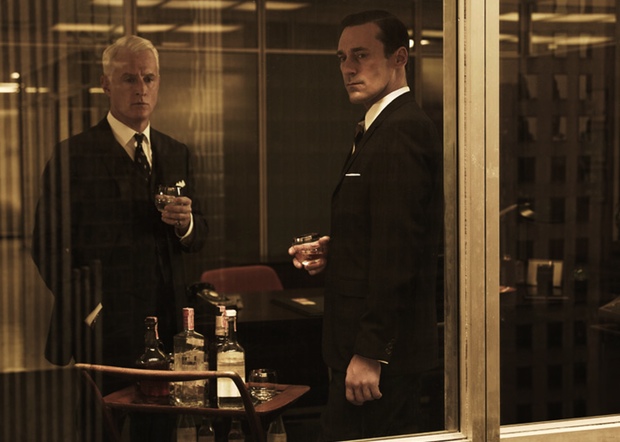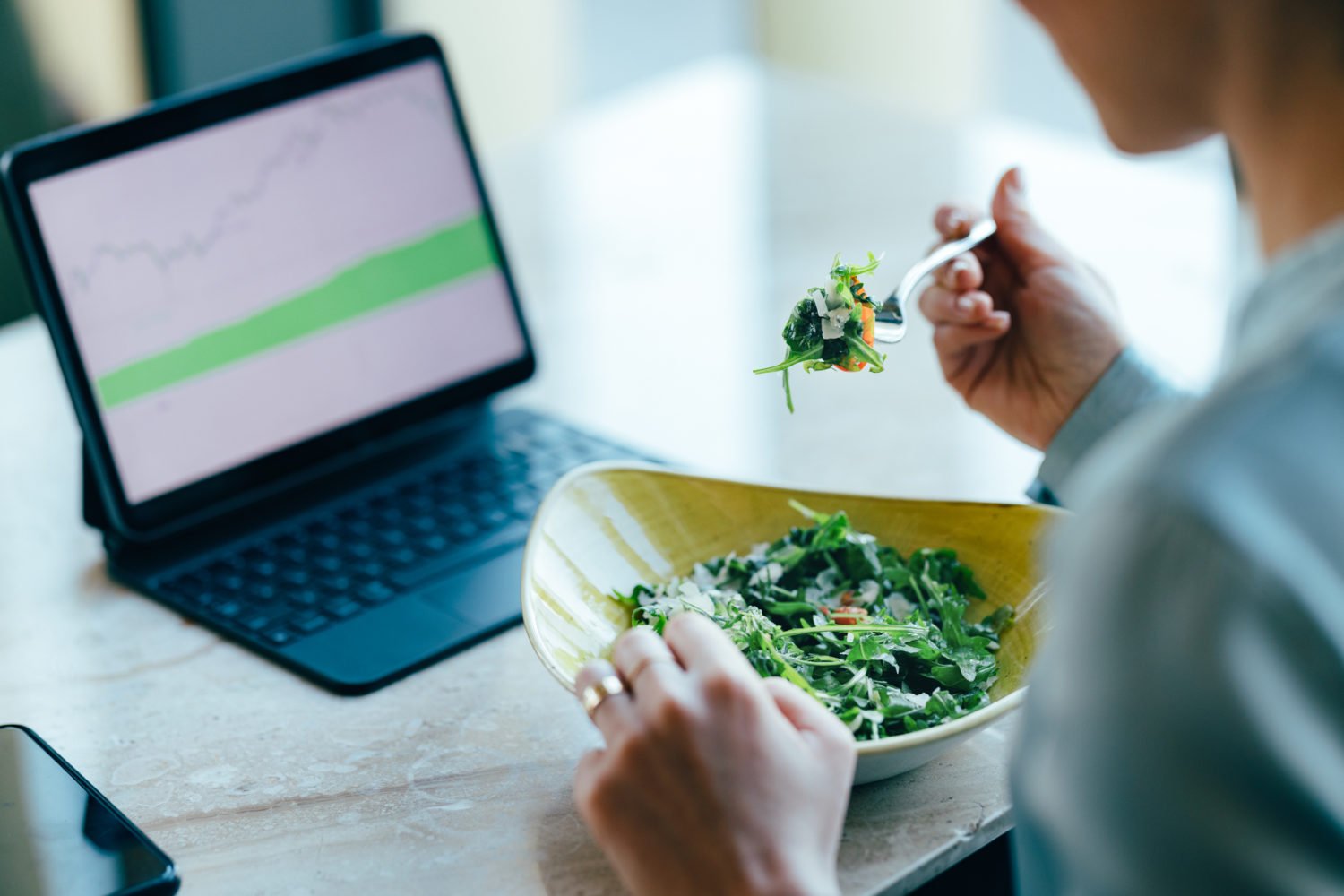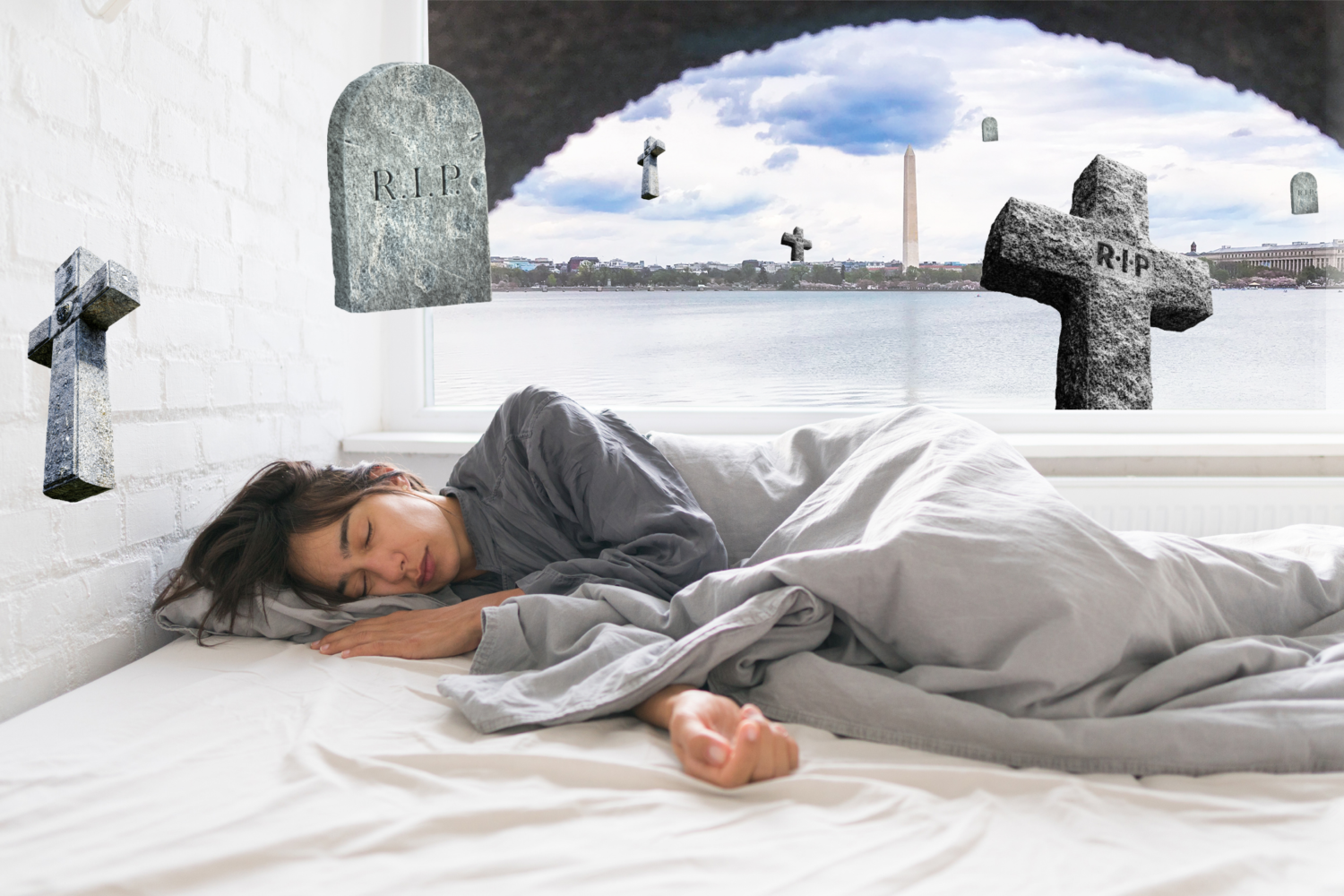Here’s one reason you should convince your boss to have in-office happy hours–getting a little tipsy apparently brings out the creative genius in all of us.
Seriously. And no, we didn’t throw back a few before writing this.
Results from a study published in Consciousness and Cognition suggests that being intoxicated allows our creative juices to flow better compared with when we’re sober, thanks to alcohol’s ability to alter our executive functioning and attention control. In other words, we’re able to loosen up and make more impulse decisions.
Researchers gathered 40 (very willing, we’re sure) male adults ages 21 to 30 and split them into two groups. Twenty men were fed a bagel and then took the Operation Span (OSPAN) Task, a memory test that required participants to remember words and equations that flashed onto a screen. Then they drank a vodka cranberry cocktail in a dosage that was calibrated by weight. While they drank, they watched the film Ratatouille. When they reached “peak intoxication,” or a blood alcohol content of about .075, the men repeated the OSPAN Task. Finally, they took another test called the Remote Associates Test (RAT), which is a common creative-problem-solving task.
The second group of men also watched Ratatouille and took the tests, but they had to do it all while sober–and they also didn’t get a bagel. Rough.
After answering each question in the test, each participant was asked to rate how he came to the solution on a scale of one to seven. A rating of one meant that after thinking about the answer strategically, he figured out the best solution. Seven meant that the solution came to him through immediate insight–it popped into his head, in other words.
Turns out the intoxicated group said most of their answers were insightful, while sober individuals took the non-insightful, analytical approach. In addition, the tipsy folks answered more problems correctly and took a shorter time correctly answering questions than the sober group.
The researchers note that their findings agree with popular, previously unproven beliefs that “altered cognitive processing, whether due to insanity, sleep state, mood, or substance use, may spark creativity among artists, composers, writers, and problem solvers.”
We’ll cheers to that.
For more information, click here.



















